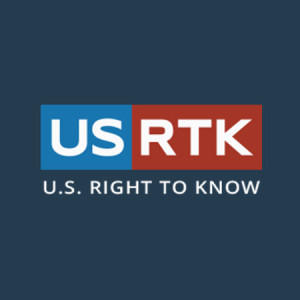
Journalists Failed to Disclose Sources’ Funding from Monsanto: A Short Report
Following a Columbia Journalism Review article on whether science journalists should accept money from corporate interests, and whether there is adequate disclosure of sources’ corporate ties and conflicts of interest, U.S. Right to Know reviewed recent articles to assess how often journalists and columnists quote academic sources without stating that they are funded by the agrichemical giant Monsanto, which produces pesticides and GMOs.
Our review found 27 articles quoting (or authored by) university professors after they received Monsanto funding, but without disclosing that funding.
November 24, 2015 | Source: U.S. Right to Know | by Gary Ruskin
Following a Columbia Journalism Review article on whether science journalists should accept money from corporate interests, and whether there is adequate disclosure of sources’ corporate ties and conflicts of interest, U.S. Right to Know reviewed recent articles to assess how often journalists and columnists quote academic sources without stating that they are funded by the agrichemical giant Monsanto, which produces pesticides and GMOs.
Our review found 27 articles quoting (or authored by) university professors after they received Monsanto funding, but without disclosing that funding.
This is a collapse of journalistic standards. When reporters quote sources about food issues such as GMOs or organic food, readers deserve to know if the sources have been funded by Monsanto or have other conflicts of interest.
The principal effect of failing to reveal these conflicts of interest is to unfairly enhance the credibility of Monsanto-funded academics, and their support of GMOs and criticism of organic food, while detracting from the credibility of consumer advocates.
Our review found that many top media outlets quoted either University of Florida Professor Kevin Folta or University of Illinois Professor Emeritus Bruce Chassy without disclosing that the professors received funding from Monsanto. According to documents published by the New York Times, Professor Folta received Monsanto funding in August 2014, and Professor Chassy in October 2011, if not before.
